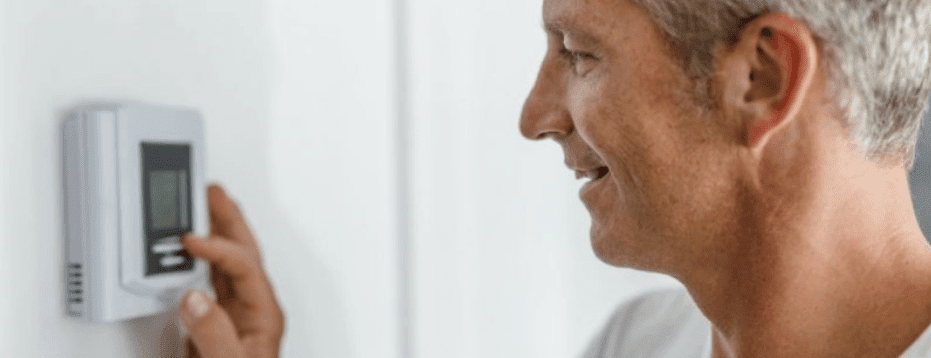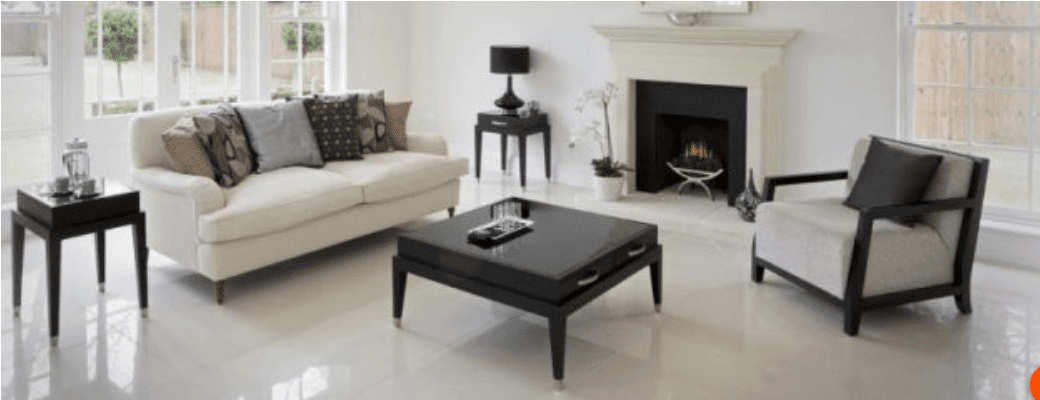
Interview With Sarykarmen Rivera From WFTS News on Tampa Bay Morning Blend | Oct 8
Okay…When was the last time you had your air ducts clean? If the answer is never, don’t worry. This is why we have Dan Billingsley,


Need professional HVAC service in Tampa Bay or Southwest Florida? Call Heatwave Heating Cooling & Plumbing! We proudly service the heating and cooling needs of local residents and business owners throughout the Western Florida area. Our trusted team of technicians can repair, replace, and install all major brands of equipment.
Get Heatwave Heating Cooling & Plumbing over to your place today! We’ll quickly diagnose and fix your HVAC issues. Call 727.777.6229 for service today.

No matter your situation, we can help you find a customized solution to any HVAC issue. We even provide emergency services so you’re never without heat or air conditioning.
When you need HVAC services, you can rely on our EPA and factory certified technicians for high-quality work at affordable rates. We offer free estimates and several financing options on new and replacement equipment. Heatwave Heating Cooling & Plumbing has been providing the local community with quick, quality heating, cooling, and indoor air quality services since 2009—find out what we can do for you!






After calling and speaking to the receptionist to setting up an appointment, I knew I was dealing with an extremely professional company. I cannot say enough about Brian (who came to our home to give us an estimate) and the team (Luis) who came out and installed our furnace and A/C unit. I was so incredibly pleased with the whole process and I highly recommend Heatwave. Thank you for a great experience!

★★★★★
1 months ago
From scheduling the estimate to discussing options with the sales associate to installation of the new furnace – every step of the way was a great experience. Each employee we worked with was professional and friendly. The work was well done and the installer (Luis) did a fantastic job double checking everything and explaining components of the new system. We are very happy with our experience working with Heatwave!

★★★★★
2 months ago
Jake came by for a thermostat installation, and because he was thorough with checking every single part of my furnace to make sure it was operating properly before he left, he noticed that it was overheating, and was able to give me a resolution. The owners are great people I have worked with them in the past, and I can say they are second to none in this category. Strongly recommend you give them a call

★★★★★
4 months ago







Okay…When was the last time you had your air ducts clean? If the answer is never, don’t worry. This is why we have Dan Billingsley,

During winter, your furnace becomes one of the most important components in your home. Because you rely on it to heat your home, it needs

If the snow is finally melting, then spring is almost here, and it’s time for some much-needed plumbing maintenance. All the accumulated ice and snow